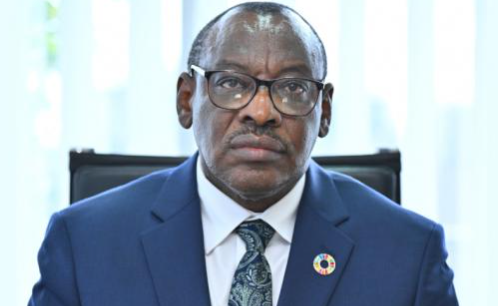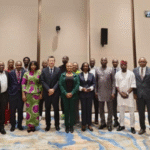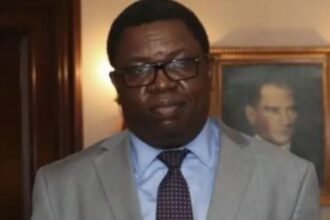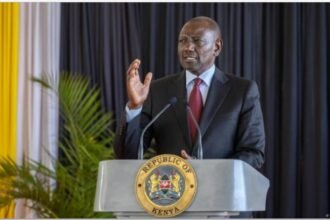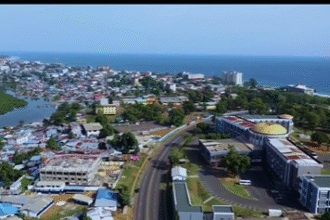By Daniel Niyongabo
Addis Ababa, Ethiopia – The United Nations Economic Commission for Africa (UNECA) and the United Nations Conference on Trade and Development (UNCTAD) have convened a high-level regional dialogue in Addis Ababa, focused on boosting access to external financing for climate-resilient development in African Small Island Developing States (SIDS).
The two-day event, held at the UNECA Conference Centre, brings together representatives from Comoros, Cabo Verde, Seychelles, Mauritius, São Tomé and Príncipe, Equatorial Guinea, Guinea-Bissau, Madagascar, and Benin, alongside UN agencies and development partners. The discussions aim to address the unique vulnerabilities faced by these nations and explore innovative financing solutions to build sustainable and climate-resilient economies.

In her opening remarks, Zuzana Schwidrowski, ECA Director of the Macroeconomics, Finance & Governance Division, emphasized the critical need for tailored financial strategies. “This gathering is a milestone in our collective journey to empower African SIDS to access the external financial resources they urgently need to build climate-resilient, inclusive, and sustainable economies,” she stated.
Schwidrowski highlighted the severe economic constraints facing African SIDS, characterized by small, import-dependent economies, geographic remoteness, and vulnerability to global shocks. She pointed to alarming debt levels in countries like Cabo Verde, where public debt-to-GDP ratio is projected to reach 109 percent in 2025, and the increasing risk of debt distress in Comoros, significantly limiting their fiscal flexibility.
The meeting’s objectives include validating national financial strategies for Comoros and Cabo Verde, exploring the potential of green bonds, blue bonds, diaspora bonds, and debt-for-climate swaps. Furthermore, the dialogue seeks to identify necessary regulatory reforms to unlock external financing, strengthen coordination between finance and environment ministries, and facilitate peer learning among African SIDS, leveraging the experiences of Mauritius and Seychelles.
A key focus is the call for reform in the global financial architecture. Schwidrowski criticized the current system, which often excludes middle-income SIDS from concessional financing despite their fragility. “African SIDS, despite their middle-income classifications, often lack access to concessional finance. Many are penalized for their income rather than supported for their fragility,” she said. She advocated for revised eligibility criteria, improved access to global climate funds, and the creation of regional financing mechanisms specifically tailored to the needs of SIDS.
Following the dialogue, UNECA and UNCTAD will finalize national roadmaps based on stakeholder feedback and provide technical assistance to operationalize these strategies. A follow-up virtual workshop is also planned to share lessons learned across the continent and expand the initiative to additional African countries.
Schwidrowski concluded by reaffirming UNECA’s commitment to supporting African SIDS. “These nations may be small in geography, but they are large in ambition, resilience, and potential. By strengthening regional cooperation, leveraging innovation, and aligning financial flows with national priorities, we can move closer to a future where climate resilience and sustainable development are not aspirational ideals—but achievable realities.”


